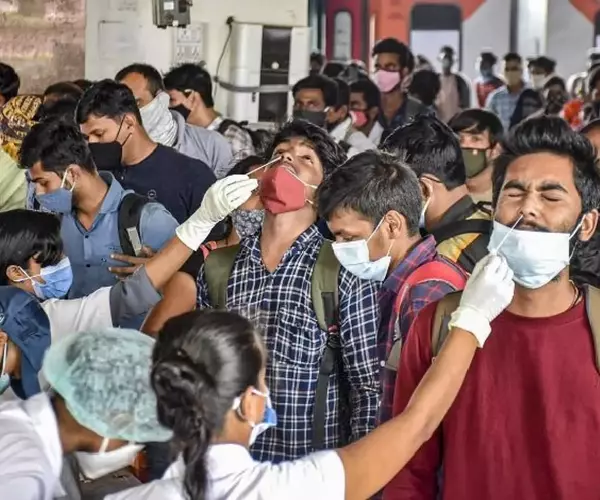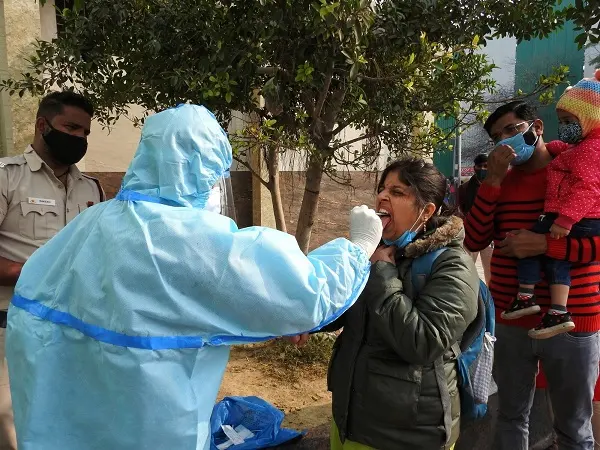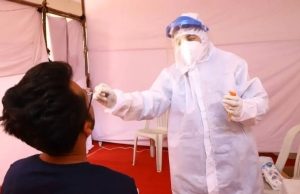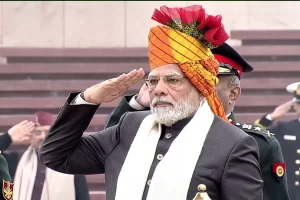Schools need to be reopened in a phased manner with primary school classes starting first which should then be followed by secondary school classes, according to top experts of the Indian Council of Medical Research (ICMR).
In an article published in The Indian Journal of Medical Research, the experts said evidence indicates that going back to the education system to what it was in pre-Covid times, as early as possible, appears prudent in the Indian context.
"However, it would be necessary to examine the State-specific as well as district-specific data on earlier waves of infection and the status of adult vaccination coverage to project any plausible third wave and its potential intensity to inform such decisions related to schools reopening," said the report authored by Tanu Anand, Balram Bhargava and Samiran Panda.
The experts highlighted the widened learning inequities in India and said there is a lack of scientific agreement on what is the appropriate time to go back to in-person learning in schools.
They cited a UNESCO report which stated that shutting schools in India for more than 500 days have affected over 320 million children.
"There is ample evidence to suggest that children aged 1-17 years have similar susceptibility to mild form of SARS-CoV-2 infection as in adults. However, the risk of severe disease and mortality in children when compared to adults is much less," the report states.
Temporary shutting of a class or school may occur depending upon the virus spread in the area or if COVID-19 indicators worsen, said experts.
Also read: India breaks China’s record by administering 2.5 crore Covid vaccine doses in a day
The experts advocated frequent testing of school staff and students for early detection of cases, which is essential to prevent outbreaks. However, they added that routine temperature or symptom checking in schools should be avoided due to limited evidence of their utility.
School teachers, staff and those involved in the transportation of children should be vaccinated on an urgent basis and continue to use a mask even after receiving the doses, the experts said.
The available evidence suggests that children aged 12 years and above are at a higher risk of contracting infection and therefore must be prioritized for vaccination compared to the younger children, the experts said.
Consistent use of masks, sanitization and hand washing are the key pillars of Covid-appropriate behaviour and must be practised by students and school staff alike.
The experts said while masks are not recommended for children under five years, six to 11-year-old children may wear a mask depending on their ability to use them safely and appropriately. Those aged 12 years and above must wear masks under the same conditions as adults, they averred.
Schools should ensure that the indoors are well ventilated and air conditioners should be avoided. Exhaust fans should be installed in classrooms to curtail the potential spread of infection. Also, children should be advised against sharing meals, spending long hours in canteens or dining halls.
The article also states that "COVID-19 has forced us to explore and discover innovative learning methods, particularly in nature's lap."
It should also be noted that global evidence suggests schools as "non-drivers" of transmission of SARS-CoV-2 infection in the community, the article added.



















